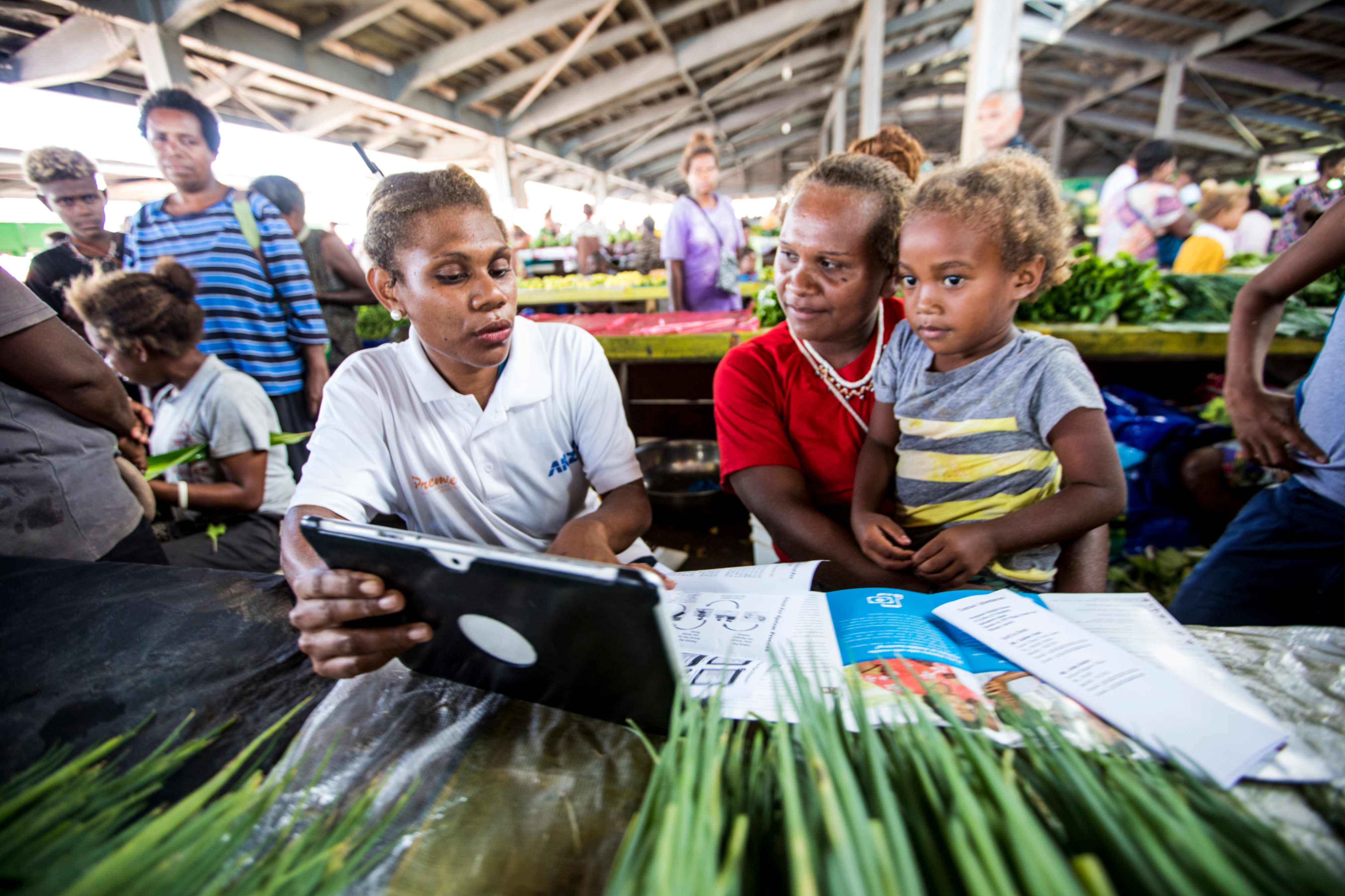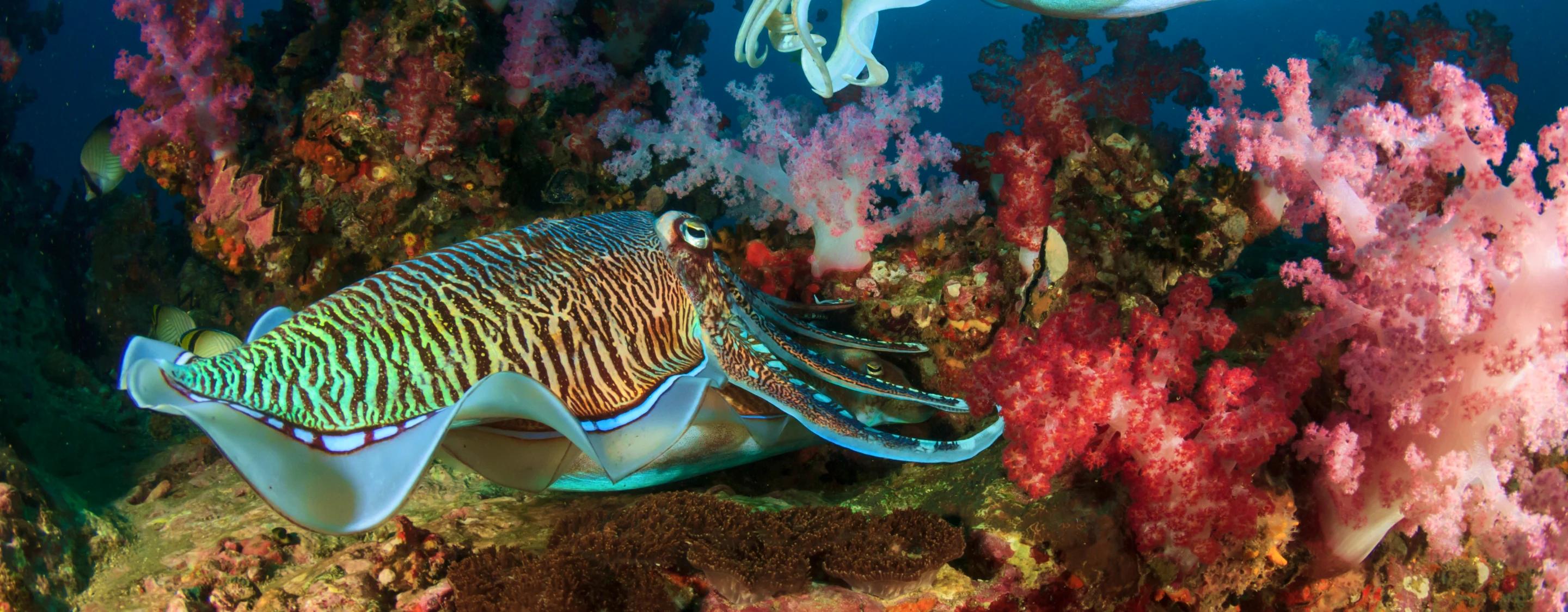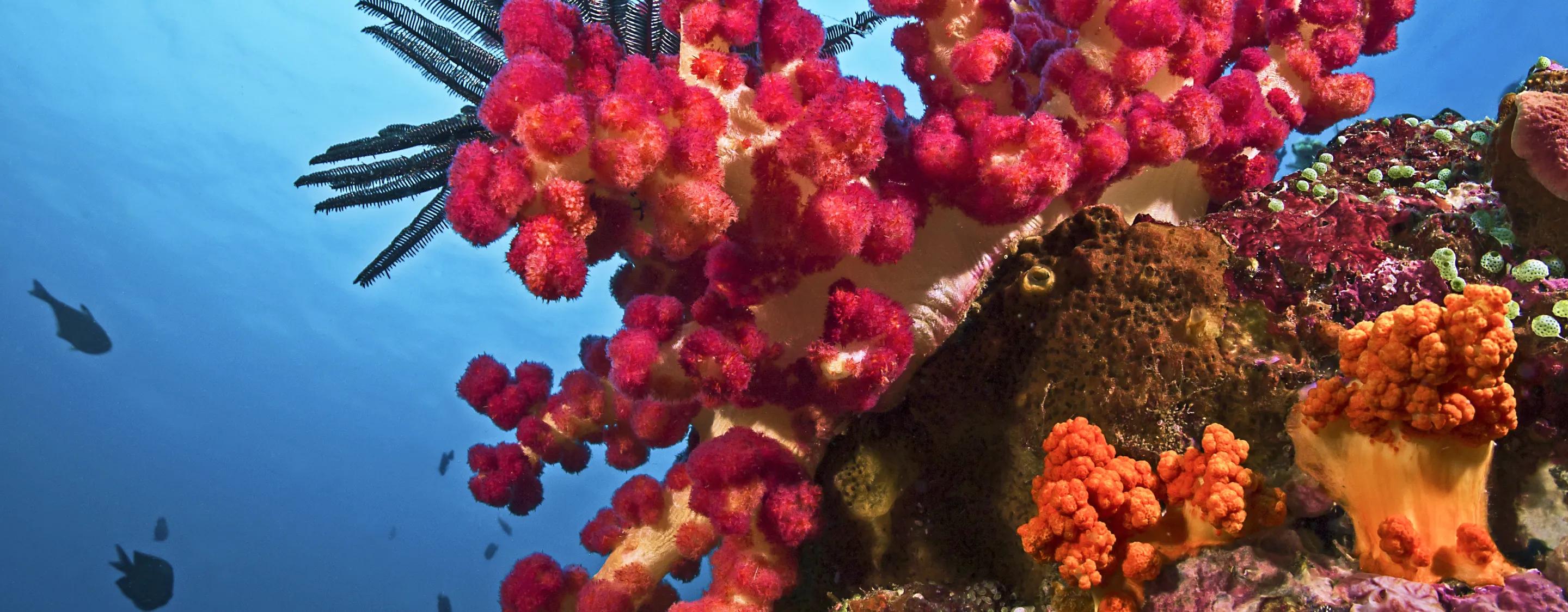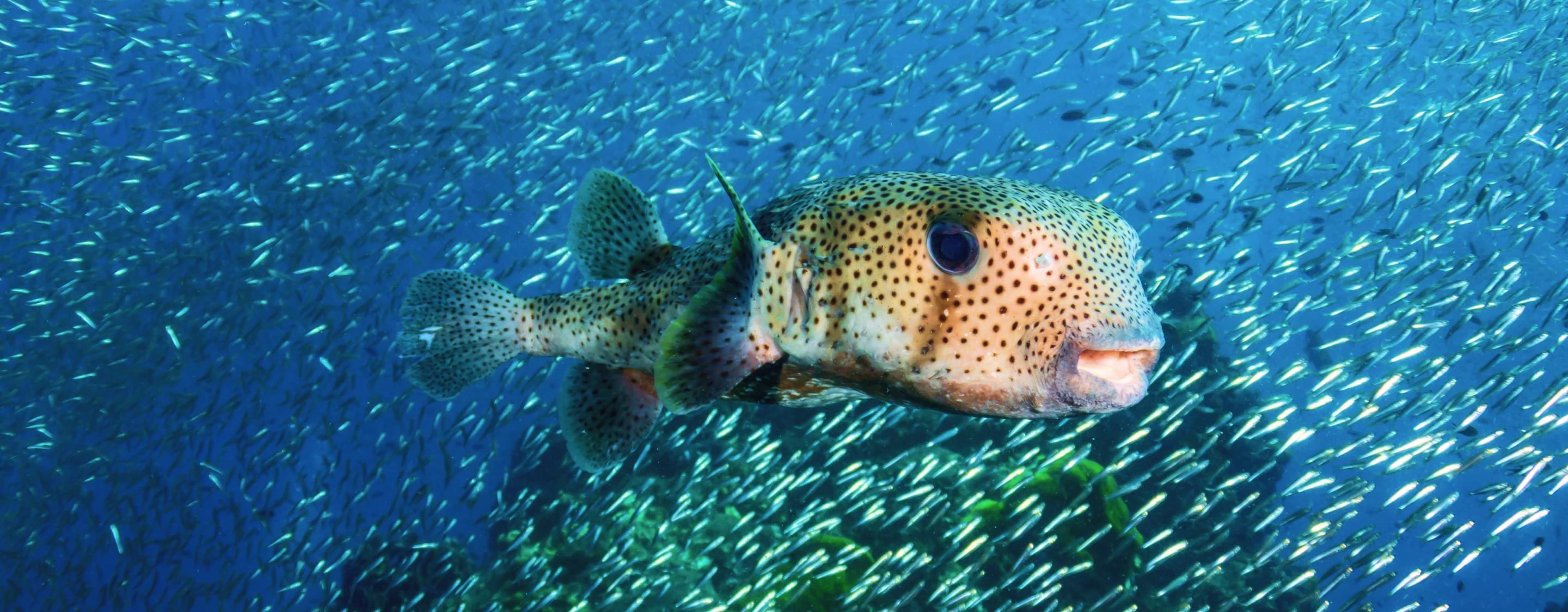
Solomon Islands to pilot a new model of reef-positive finance
As the world looks to COP30 in Belem to deliver ambitious breakthroughs for climate and nature, the World Wildlife Fund (WWF) and the Global Fund for Coral Reefs (GFCR), co-led by the United Nations Capital Development Fund (UNCDF), the United Nations Development Programme (UNDP) and the United Nations Environment Programme (UNEP), have joined forces to drive investment in reef-positive businesses in Solomon Islands. The initiative aims to help local enterprises grow in ways that protect coral ecosystems, strengthen livelihoods, and support long term climate resilience. The partnership aims to strengthen the resilience of communities by supporting enterprises that depend on and protect healthy coral ecosystems.
Situated within the Coral Triangle, Solomon Islands host some of the most biologically rich and climate resilient reef systems on earth. These reef systems are among the planet’s most valuable ecosystems, alleviating poverty, providing coastal protection, and enabling economic opportunity to millions of people. Yet, local pressures such as overfishing, coastal development, and land-based pollution continue to threaten these reefs, undermining their role in supporting community well-being and climate adaptation.
"Our reefs are the lifeblood of our communities, sustaining our food systems, protecting our shores, and anchoring our cultural identity and place. This partnership with the Global Fund for Coral Reefs, WWF, and UNCDF marks a new chapter in how we invest in the resilience of our people and our ecosystems in the face of climate change. By investing in reef-positive enterprises, we are strengthening our national efforts to build socio-economic resilience, create and scale-up sustainable livelihoods, and safeguard the ecosystems that sustain our people."Hon. Minister Polycarp Paea, Minister of Environment, Climate Change, Disaster Management and Meteorology.
New Zealand’s High Commissioner to Solomon Islands, Jonathan Curr, welcomes the new initiative saying “Solomon Islanders depend on coral reefs for their livelihoods, cultures and for resilience. New Zealand became a member of the GFCR in 2024, because it recognises the potential to leverage finance and generate sustainable reef positive activities at the local level. We also wanted to ensure the GFCR matched the needs of the Pacific where we have deep relationships with our partners. New Zealand is proud to partner with Solomon Islands Government on a number of fisheries and marine programmes and welcomes this new cooperation between Solomon Islands, GFCR, WWF and UNCDF. This is another demonstration of the value of collaboration among partners in the Pacific and we look forward to seeing the benefits for the reefs and the communities that depend on them.”
Implemented in partnership by WWF-Pacific and UNCDF, the initiative will combine technical assistance, investment grants delivery, and innovative-finance mechanisms to strengthen both the supply and demand sides of reef-positive finance.
Focusing on up to two provinces among Central, Malaita, Isabel, and the Western - areas that host Solomon Islands’ most climate-resilient reefs-the initiative will target locations where local businesses can deliver the greatest reef-positive impact. The initiative will:
- Provide tailored business development assistance and catalytic investment grants to help reef-positive businesses become investment ready, improve their business models, and scale ecological impact.
- Support to local financial institutions so they are better equipped to assess and finance reef-positive businesses, backed by a credit guarantee facility, structured and managed by UNCDF
- Blended finance solutions that help absorb investment risk and encourage lending to sustainable fisheries, ecotourism, regenerative agriculture, and pollution reduction activities.
“UNCDF is proud to support this initiative in the Solomon Islands,” said Maria Perdomo, Regional Team Lead for Asia and the Pacific, UNCDF. “We absorb the risks that are too high for others to take on, so that local banks and investors can confidently finance reef-positive businesses. This is how we support communities to build stronger livelihoods while protecting the reefs that sustain them.”
“This initiative is a breakthrough oceans project for WWF, combining climate conservation impact with innovative finance and forging a bold partnership with WWF Pacific, UNCDF, and GFCR," said Johan Bergenas, Senior Vice President of Oceans at WWF-US. "This partnership aims to unlock the potential of a sustainable blue economy in the Solomon Islands, one of the world’s most climate-vulnerable nations. Together, we are addressing market growth needs on both the demand and supply sides, helping businesses that protect coral reefs, and strengthen coastal communities. This project will be an important showcase for how climate resilience, nature conservation, and financial innovation can work together to deliver lasting impact.”Johan Bergenas, Senior Vice President of Oceans at WWF-US.
A Scalable Model for Climate-Resilient Development
“My first exposure to the coral reefs of the Solomon Islands came during an underwater biology course as a student, where I saw first-hand their position as a global center of marine biodiversity. However, the outsized importance of these amazing ecosystems stems from the high regenerative capacity that gives them their unique resilience. This is why it is so significant that the Global Fund for Coral Reefs has approved the Coral Reef Resilience initiative,” said Susan Gardner, Director of the Ecosystems Division at the United Nations Environment Programme (UNEP) and Co-Chair of the GFCR Executive Board. “It will help local businesses grow in ways that protect reefs and strengthen community resilience in the face of the climate crisis. This is a model for the world of how innovative finance can work for people and for nature.”
With this approval, the GFCR continues advancing toward its goal of unlocking up to USD $3 billion in blended finance and investment for coral reef resilience, accelerating solutions that unite climate action, ocean protection, and inclusive economic growth.
About the United Nations Capital Development Fund
United Nations Capital Development Fund (UNCDF) mobilizes and catalyses an increase in capital flows for impactful investments in high-risk markets, especially in Least Developed Countries, Small Island Developing States and countries in special situations. By crowding in capital through the deployment of risk-absorbing financial instruments, mechanisms and structuring advisory, UNCDF contributes to job creation, sustained economic growth and equitable prosperity in more than 70 countries.
In partnership with UN entities and development partners, UNCDF operates with speed and agility to deliver scalable, blended finance solutions to drive systemic change and pave the way for commercial finance and scale up by development finance institutions and multilateral development banks.
Learn more at uncdf.org or follow @UNCDF.
United Nations Environment Programme (UNEP) is the United Nations’ leading global authority on the environment, driving transformational change on the triple planetary crisis: the crisis of climate change, the crisis of nature, land and biodiversity loss, and the crisis of pollution and waste.
Since itsfounding in 1972, UNEP has served as a neutral convener of Member States, civil society, the private sector and UN agencies to address humanity’s most pressing environmental challenges. From protecting species to restoring the ozone layer, UNEP-facilitatedinternational agreements have made global environmental action possible throughout the years. Today, UNEP hosts theUnited Nations Environment Assembly, the world’s highest-level decision-making body on the environment, with a universal membership of all 193 United Nations’ Member States.
Learn more at unep.org or follow @UN Environment Programme
United Nations Development Programme (UNDP) is the lead United Nations agency on international development, UNDP works in 170 countries and territories to eradicate poverty and reduce inequality. We help countries develop policies, leadership skills, partnerships and institutional capabilities to achieve the Sustainable Development Goals. Our work is centred around six core development areas, known as our signature solutions: poverty and inequality, governance, resilience, environment, energy and gender equality.
Learn more at: undp.org or follow @UNDP
Media Contact:
Sarah Harris Simpson, UNCDF Communications Specialist
sarah.harris.simpson@uncdf.org
Karishma Thethy, UNEP/GFCR Communications and Special Events


